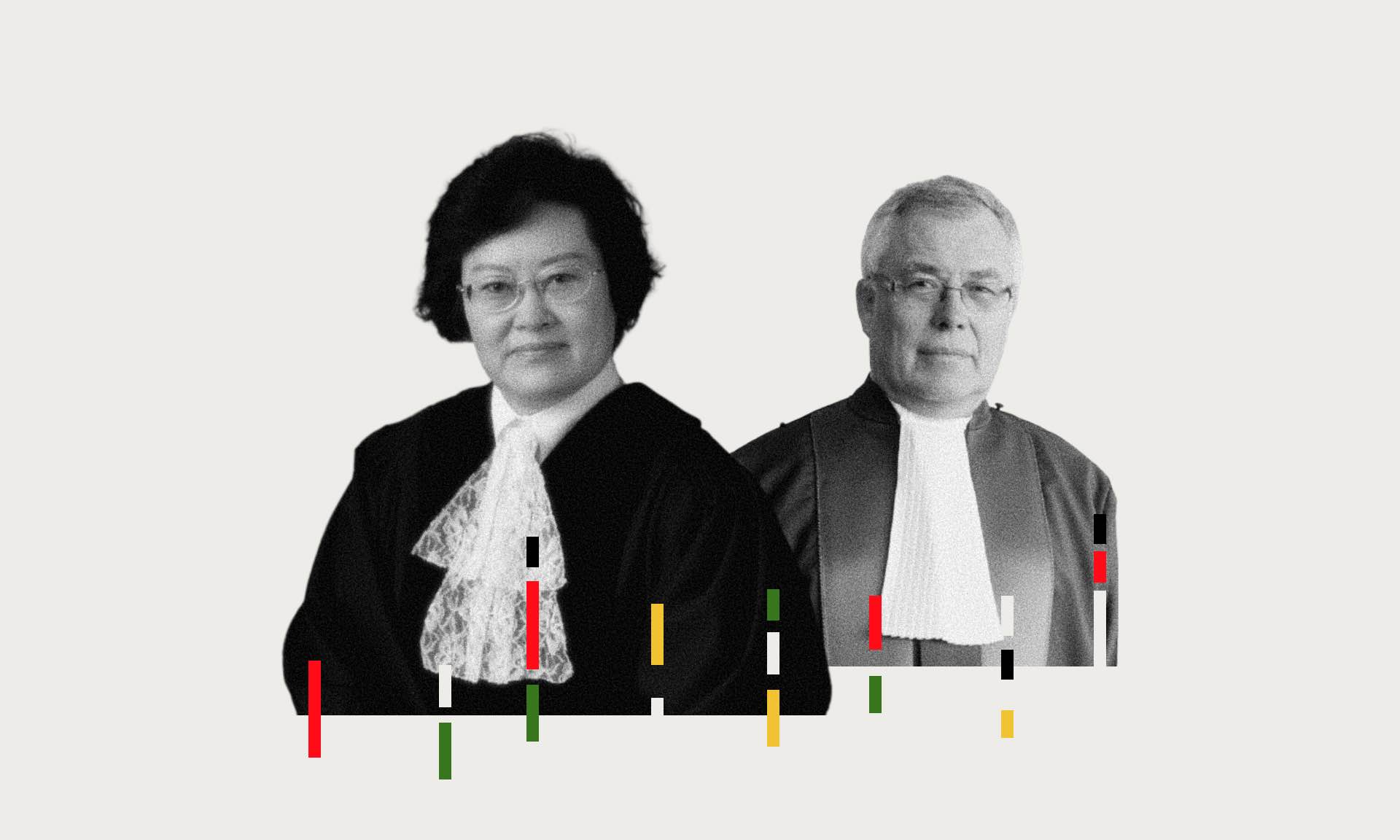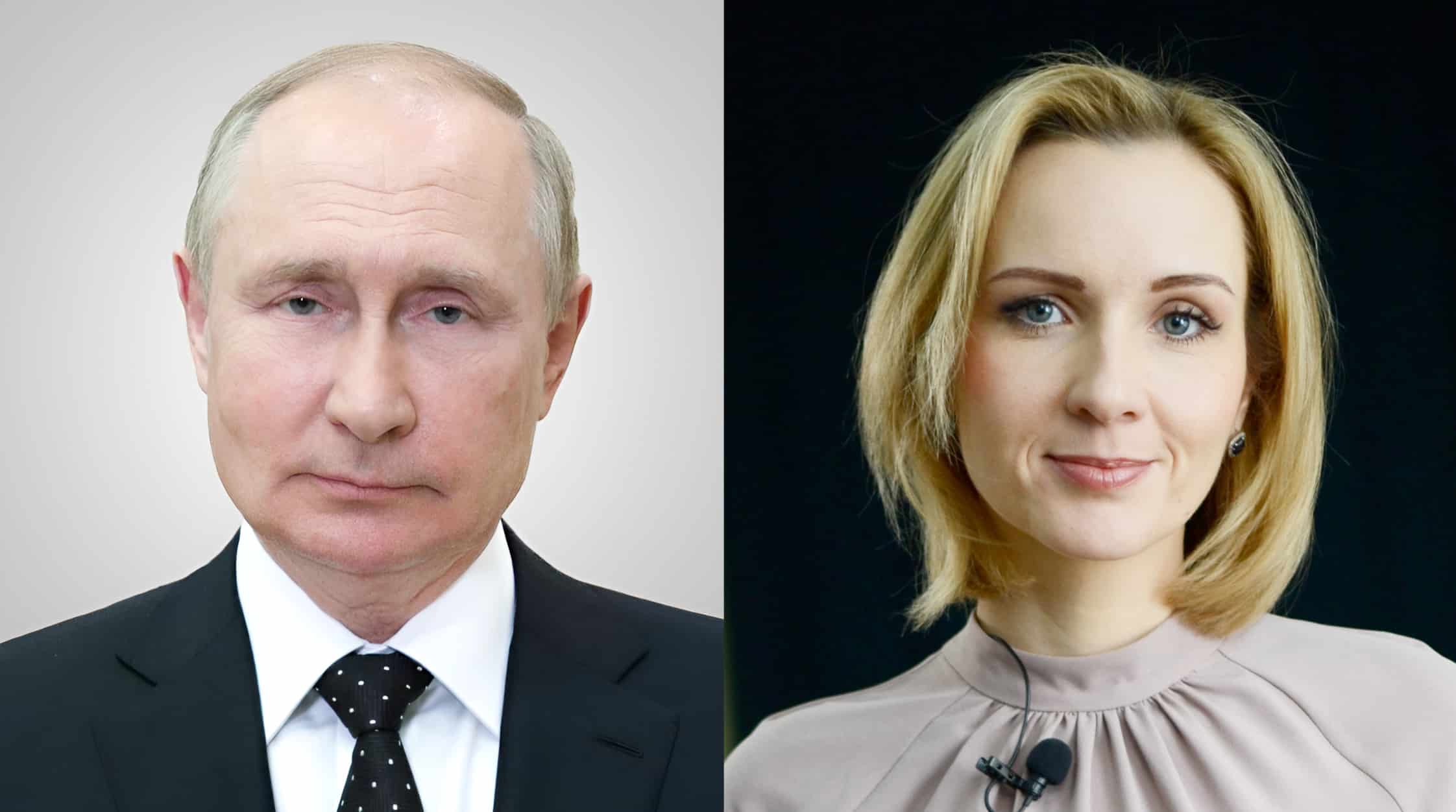Global Justice
2025
2023
2022
10 Key Points to Consider for Effective Law Enforcement and Justice
Ethical values should guide the definition of crimes and the creation of an international peace and police forces is key to effective law enforcement.
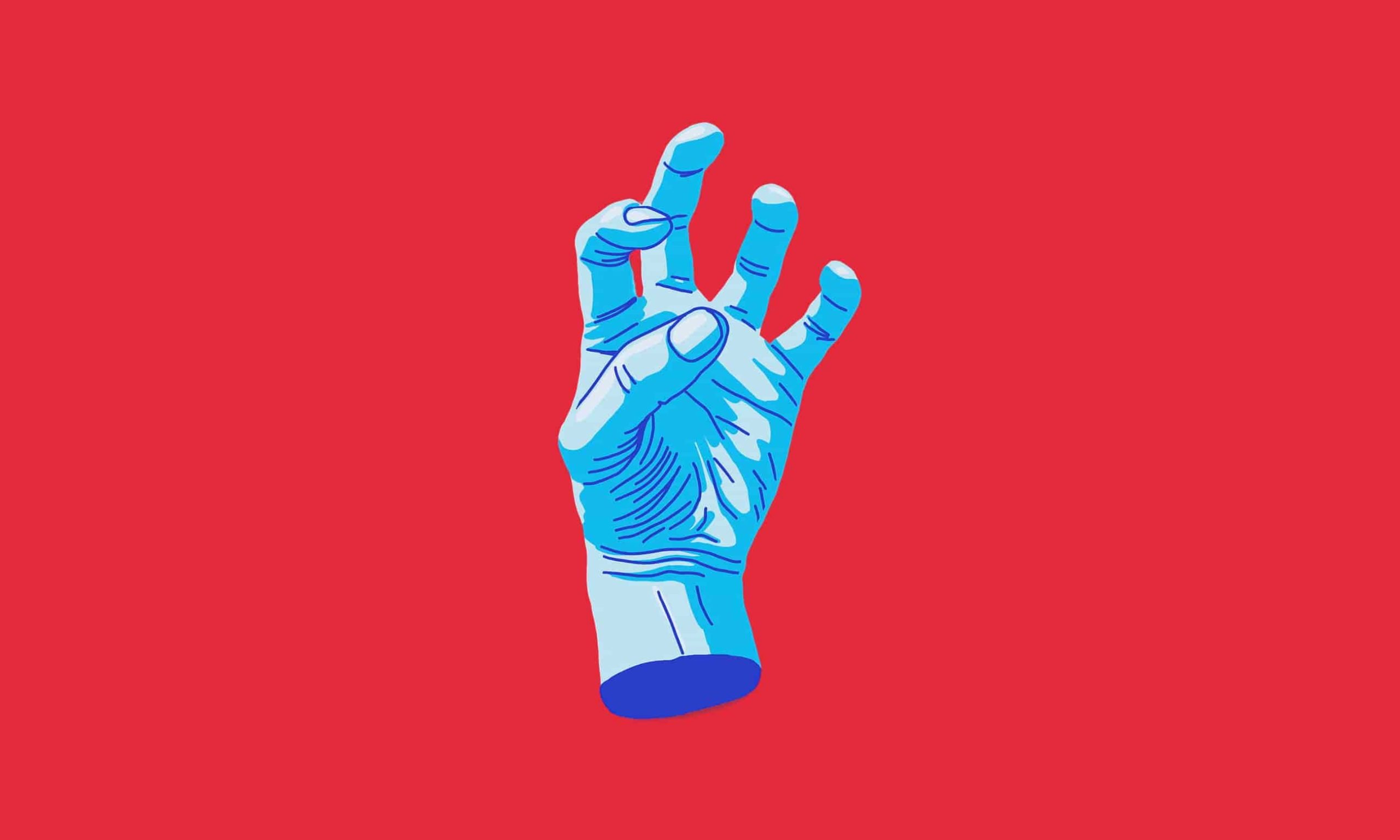
How to Make War Redundant
People and nations may disagree, they may commit crimes, but these antagonisms can be resolved in countless ways. Why war?
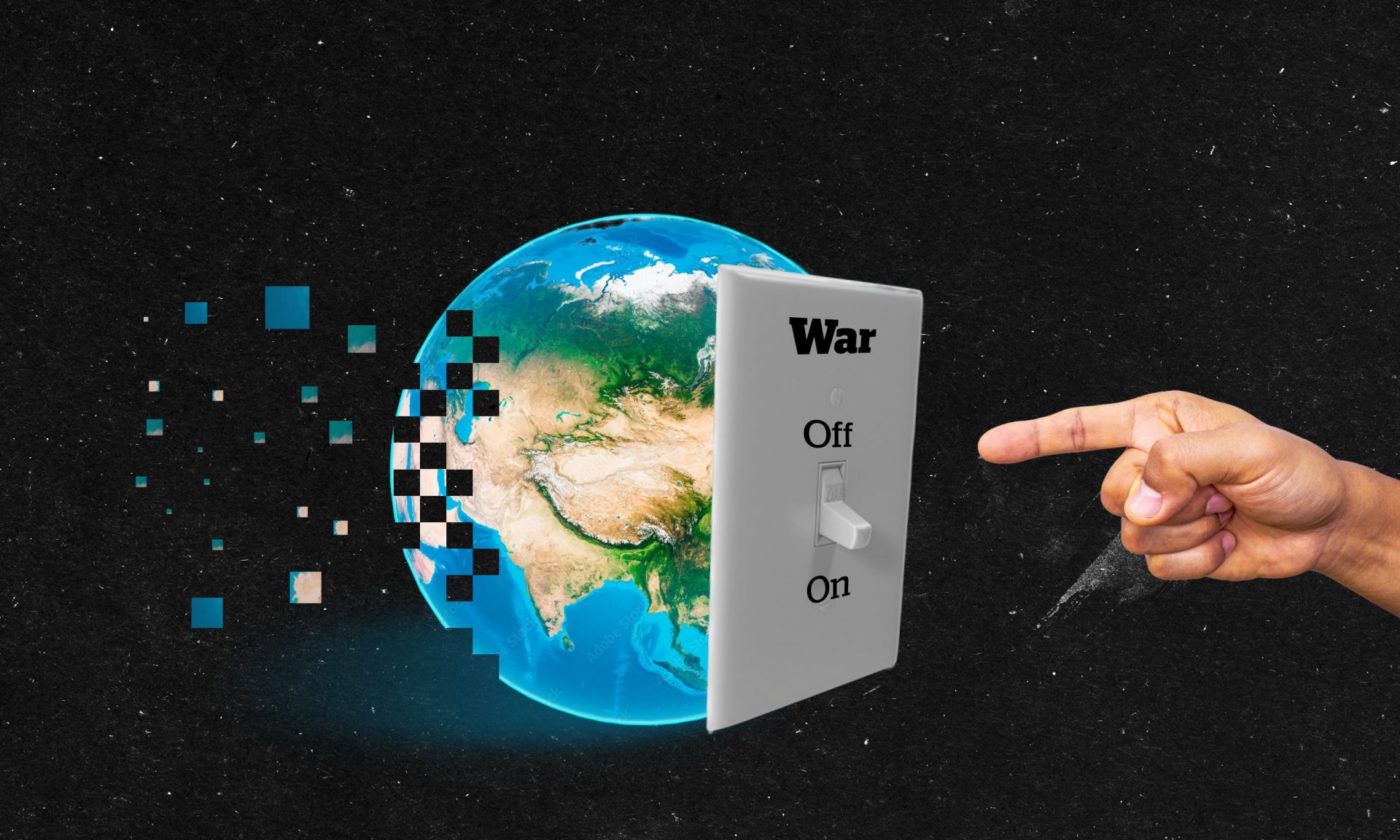
The need for an International Anti-Corruption Court (IACC) is greater than ever before
While the ICC is busy with sanctimonious show trials in the Global South, the need for a supranational criminal court that prosecutes corruption without fear and favour is rising.
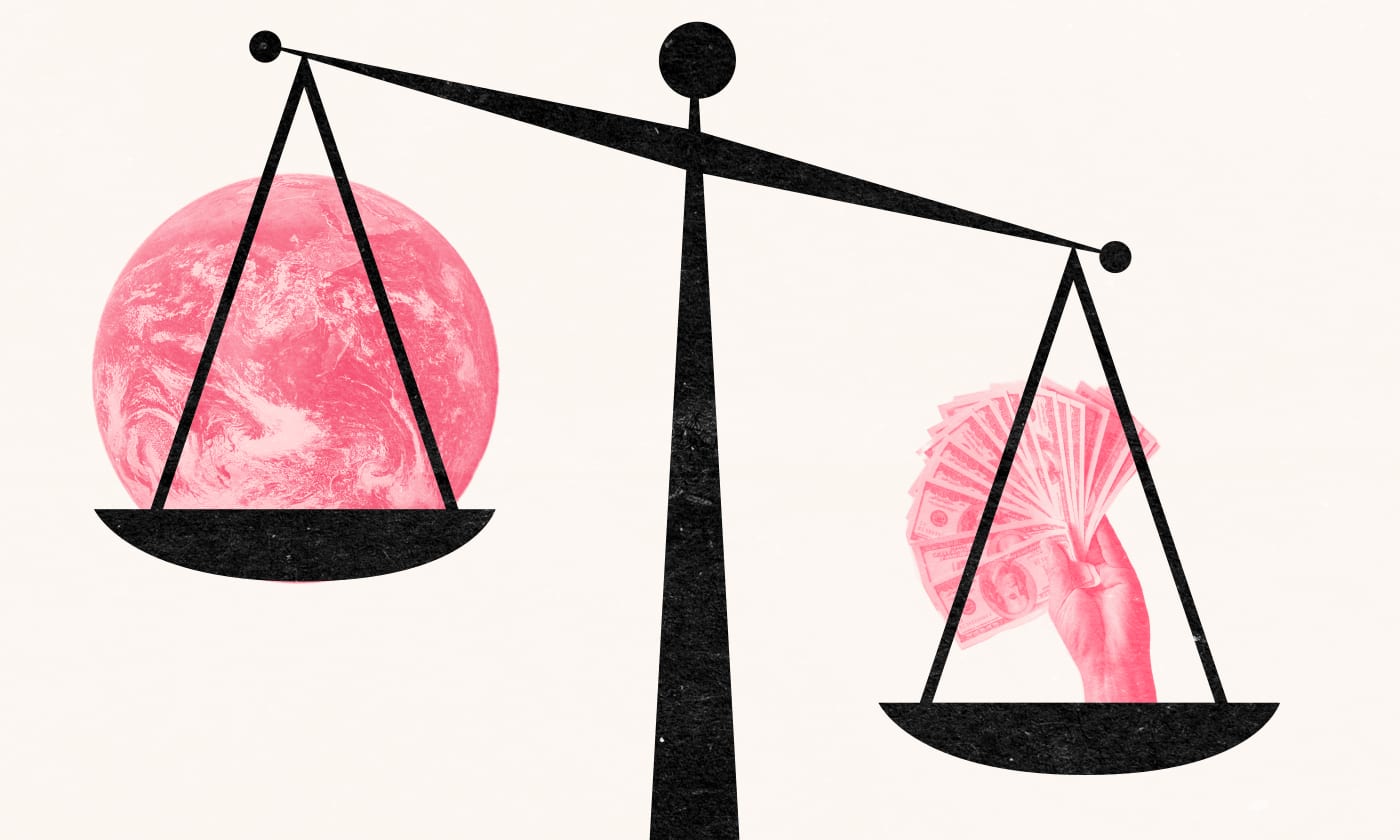
Solitary confinement is cruel and amounts to torture
The UN defines torture as cruel, inhumane and degrading treatment. Solitary confinement clearly reaches this bar, stripping prisoners of their rights to socialisation at the cost of their mental health.
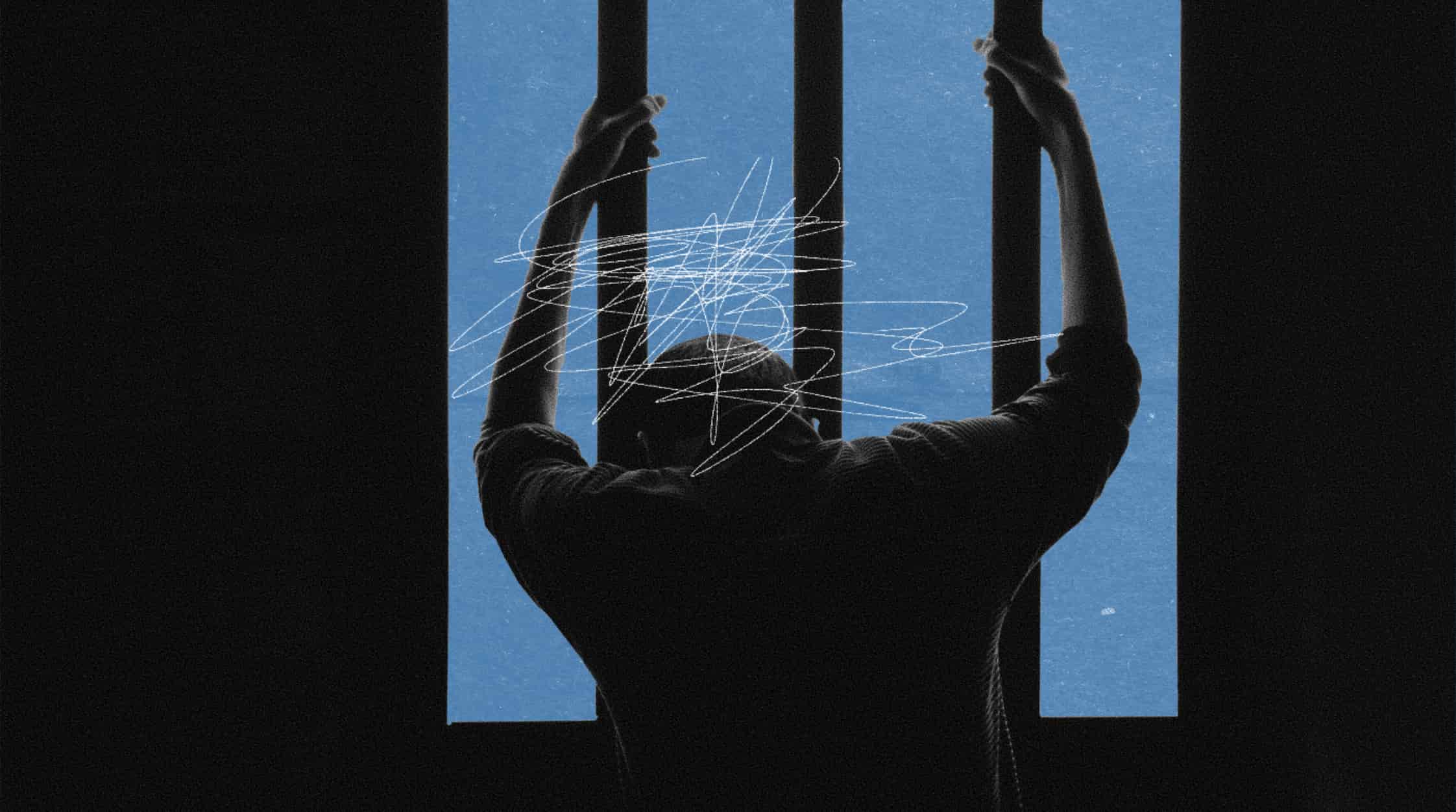
It's barbaric and repulsive: Let's Axe the Death Penalty
Executing a human being is as coldblooded and premeditated as murder can get, writes Adrian Liberto
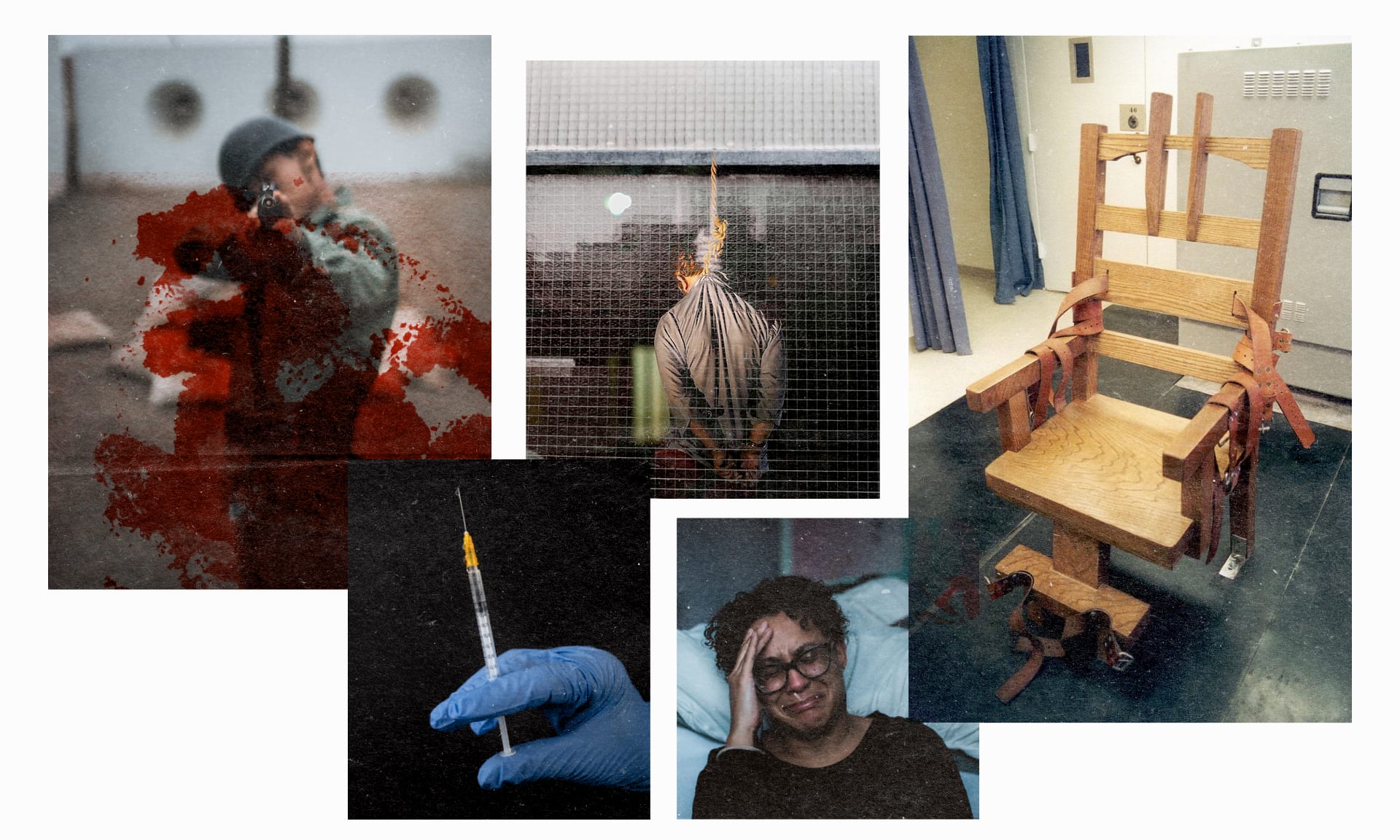
Justice across the EU: 6 ways the EU ensures fairness
Here’s a look over the five key judicial branches of the European Union and how they are safeguarding justice across the block.
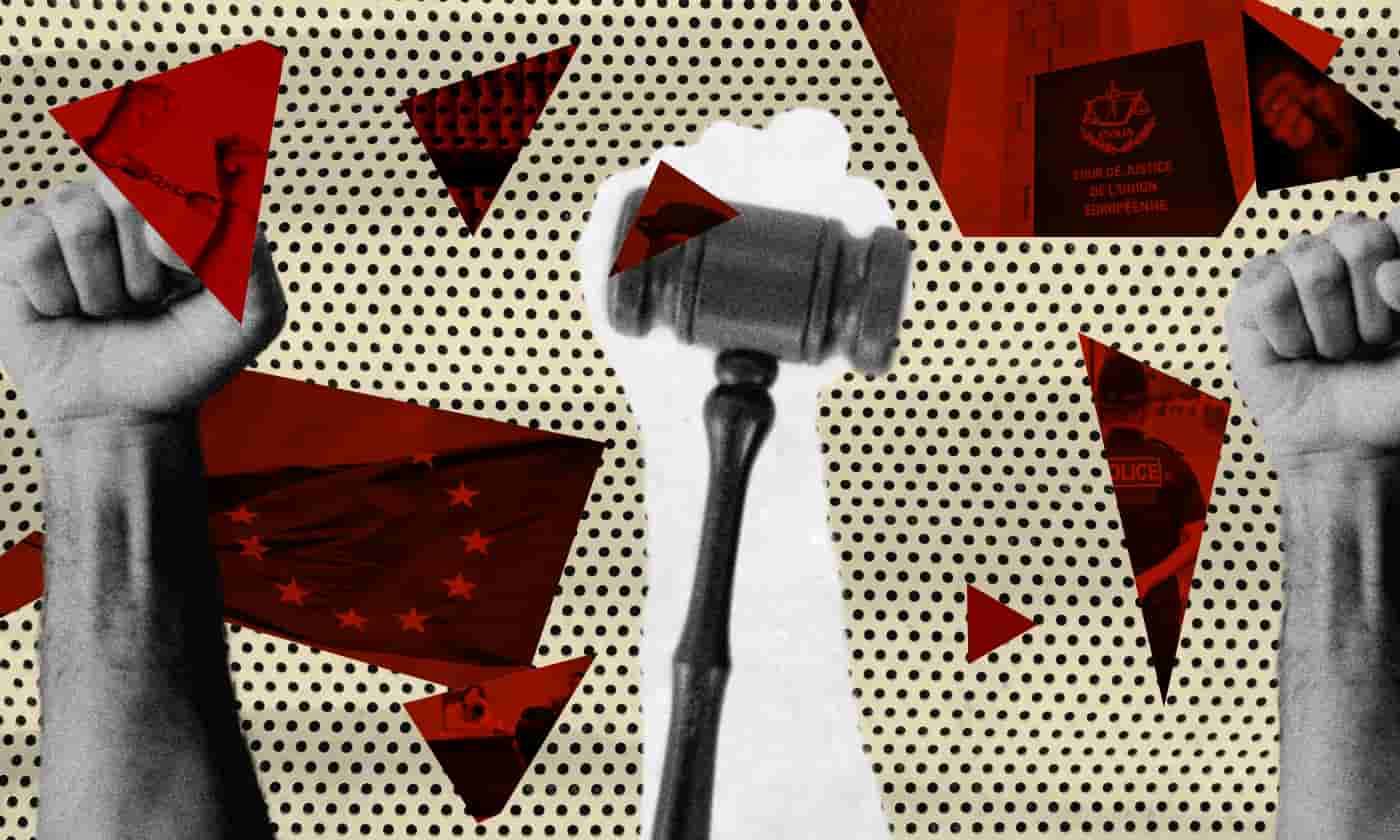
Appeasement: Forfeiting somebody else’s justice
Appeasement is giving the school bully your lunch money in order to avoid being beaten up. In politics, however, it is more like giving the school bully someone else’s lunch money, to stop them from being picked on.
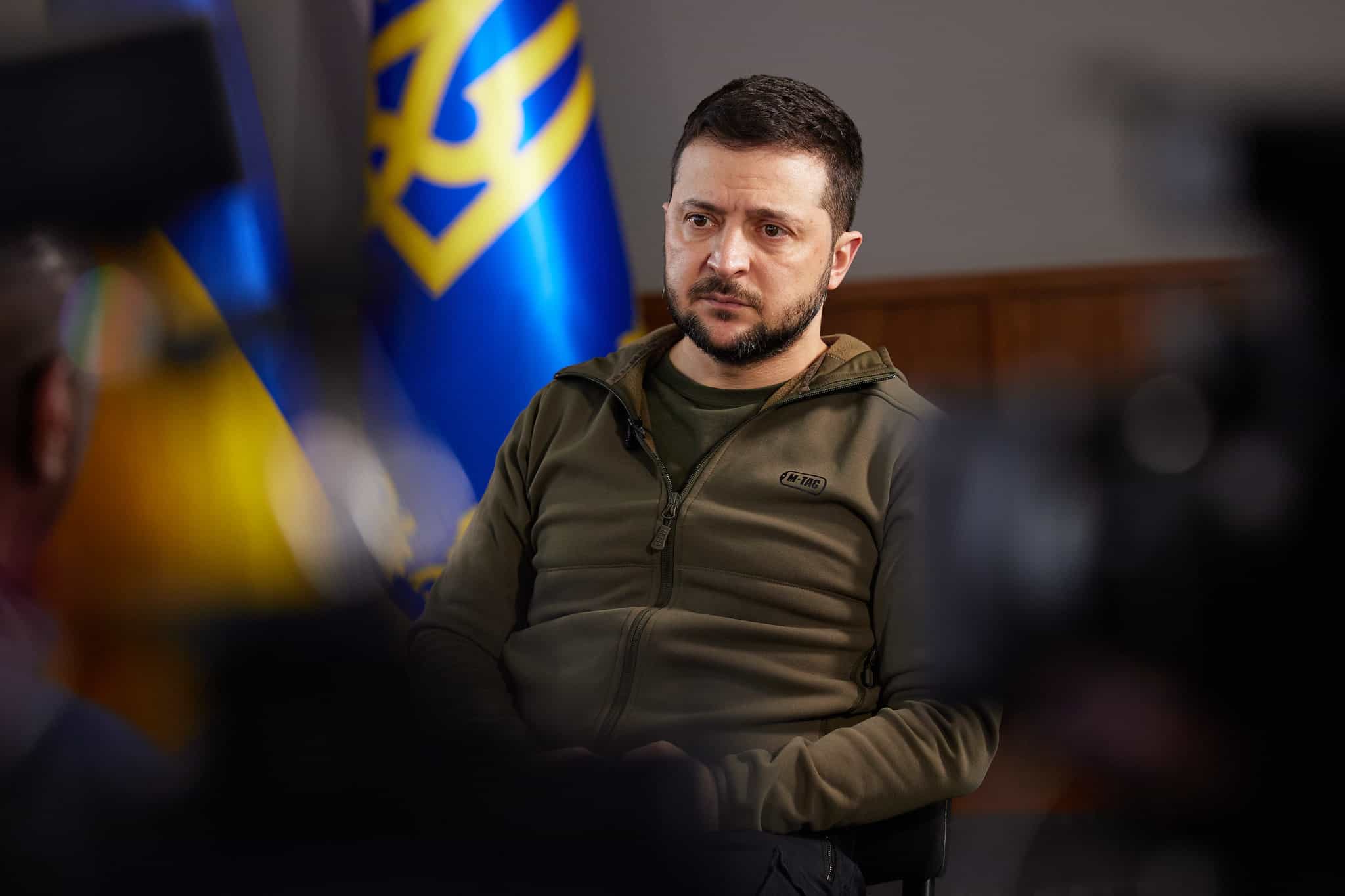
The three UN conventions on the laws of the sea and how they are failing to secure it
In this article, we will explore the three UN conventions that are designed to protect the laws of our seas: the UNCLOS, the ITLOS and ISA.
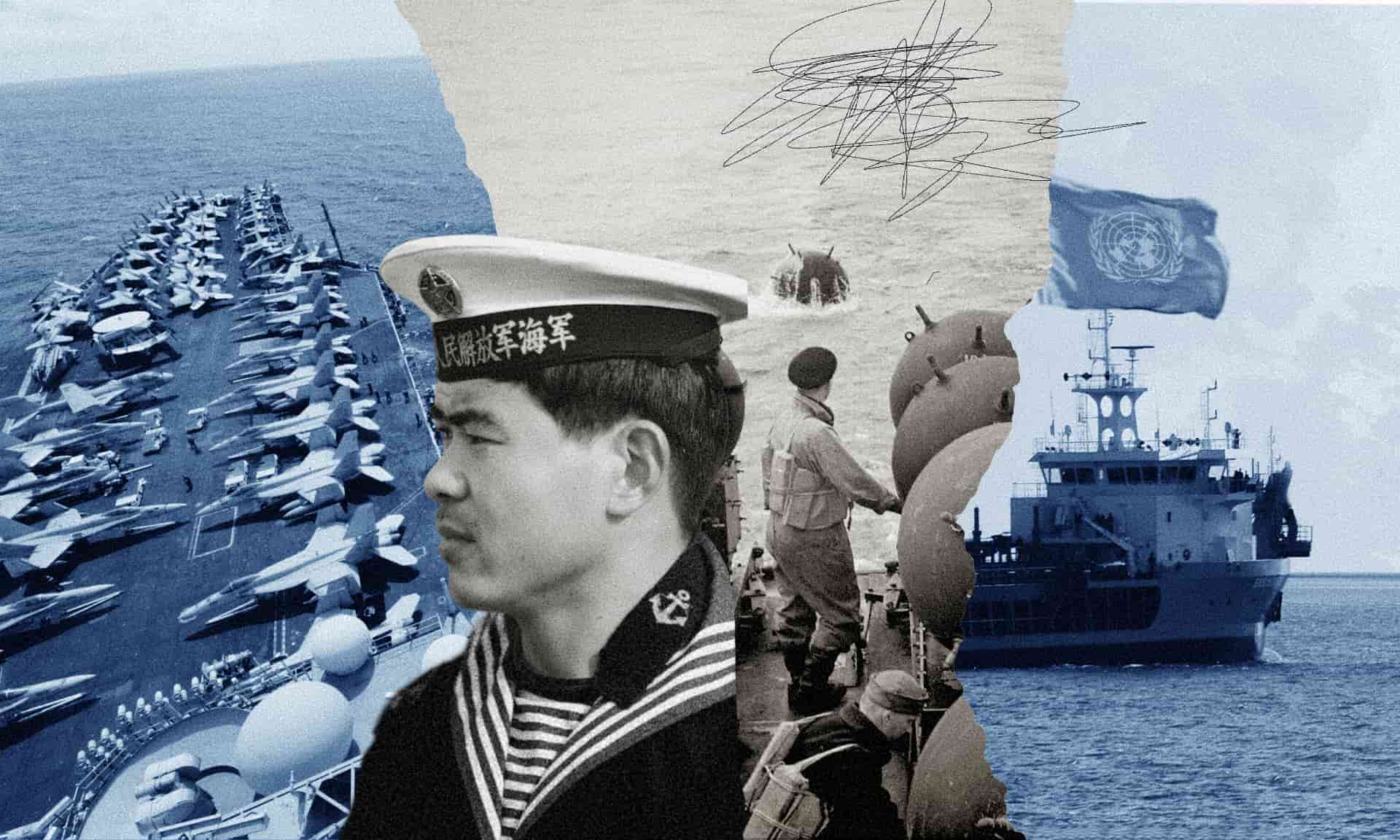
Rehauling Lady Justice: Is the United Nations guilty in Ukraine?
As long as international justice is left in the hands of nation states at the UN nothing will ever improve because self-interest will always win the day. This needs to change.
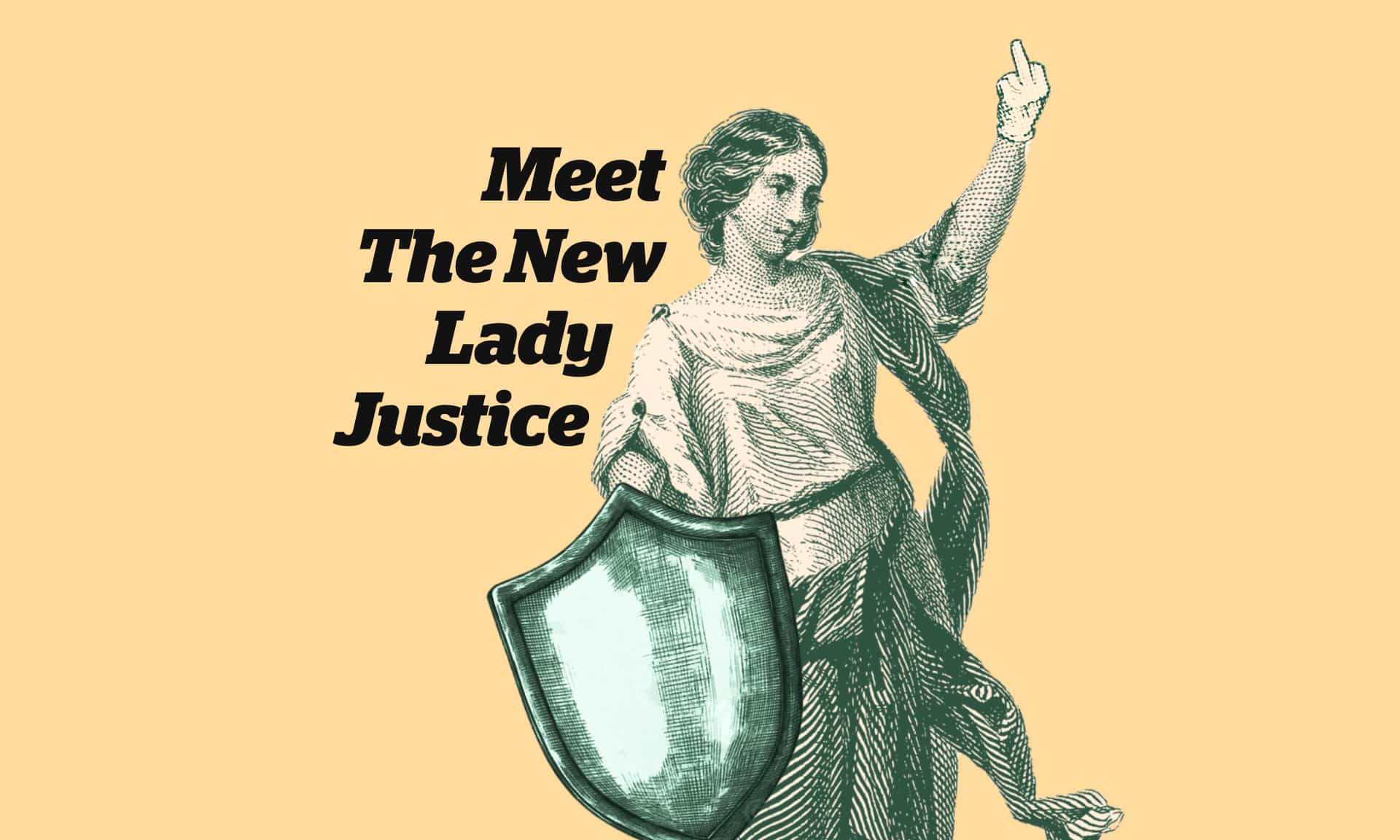
2021
Cherry picking justice: 9 rings of moral tunnel vision
Deluded people generally believe that they would have been on the right side of history, without ever really questioning whether they are on the right side of what is making history. Sure, now, most people are convinced that they would have been against slavery, child labour, the burning of heretics and cannibalism… but given their same mindset, would they have been? All those practices were legal or socially acceptable; and sadly, for most of us, that social acceptability is what defines our morals.
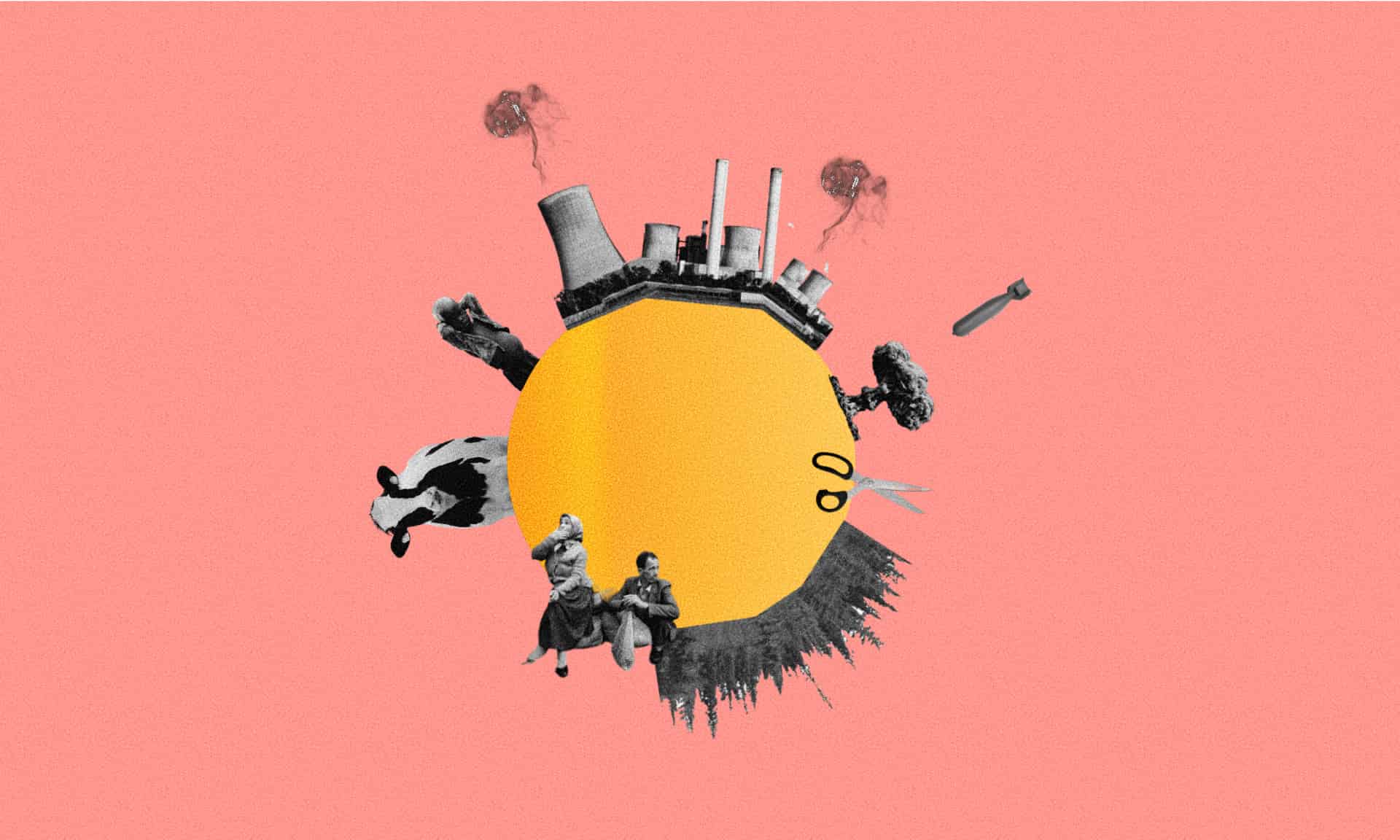
Mladic revisited: An unremarkable news item, were it not for the absurdity of the process
Ratko Mladic, the former Bosnian Serb commander largely responsible for the Srebrenica Massacre in 1995 lost his appeal with the special UN tribunal set up to judge the case. He had been convicted on ten counts including genocide and crimes against humanity.
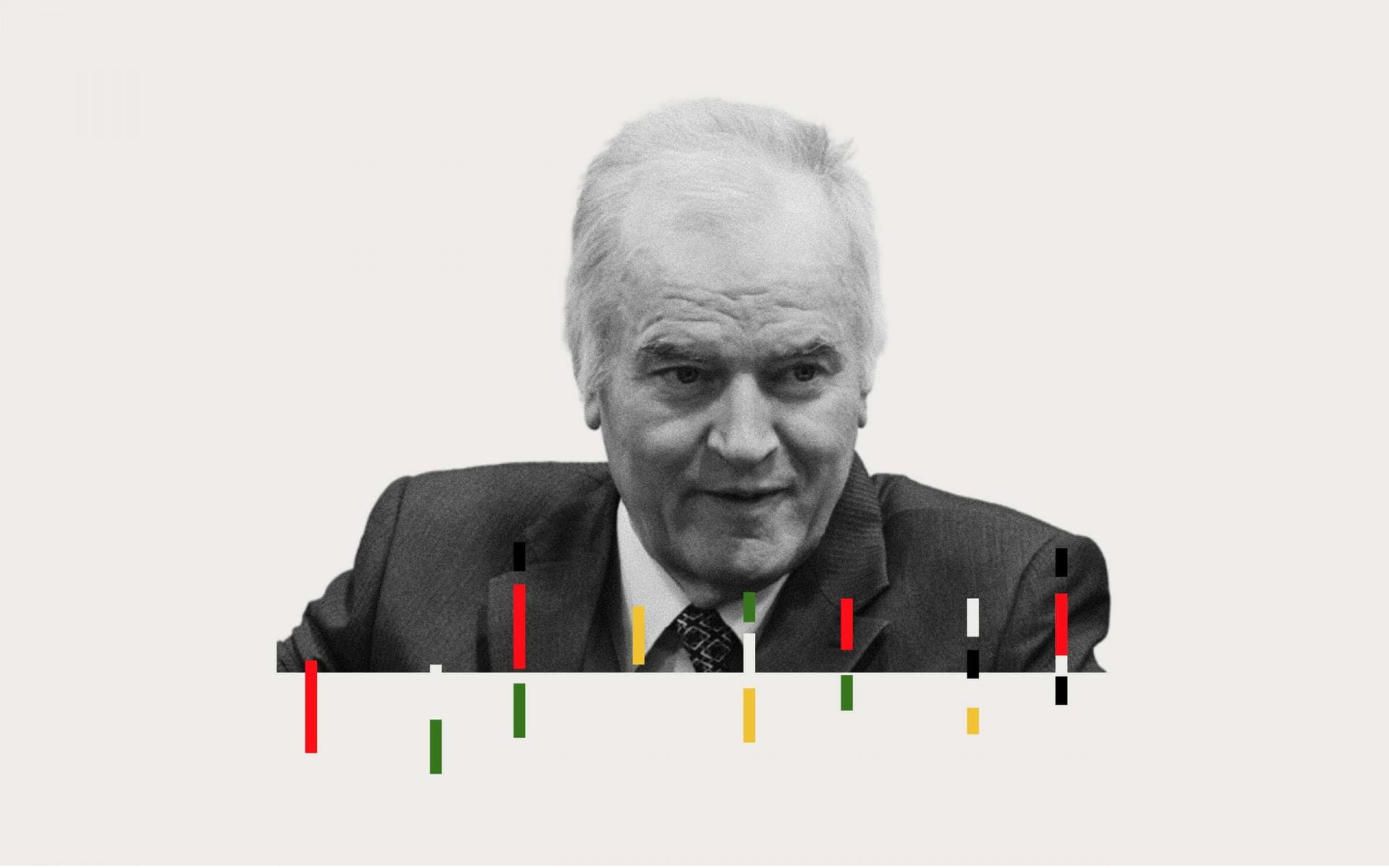
How to achieve a robust legal system? Solutions towards comprehensive global justice
In an article in last month’s issue of The Gordian, I highlighted some of the weaknesses of the International Court of Justice (ICJ) and the International Criminal Court (ICC). Whilst these bodies are merely a part of a wider international legal system that is also governed by various treaties, conventions and accords, they are pivotal in as much as their focus is on safeguarding human life and world peace.
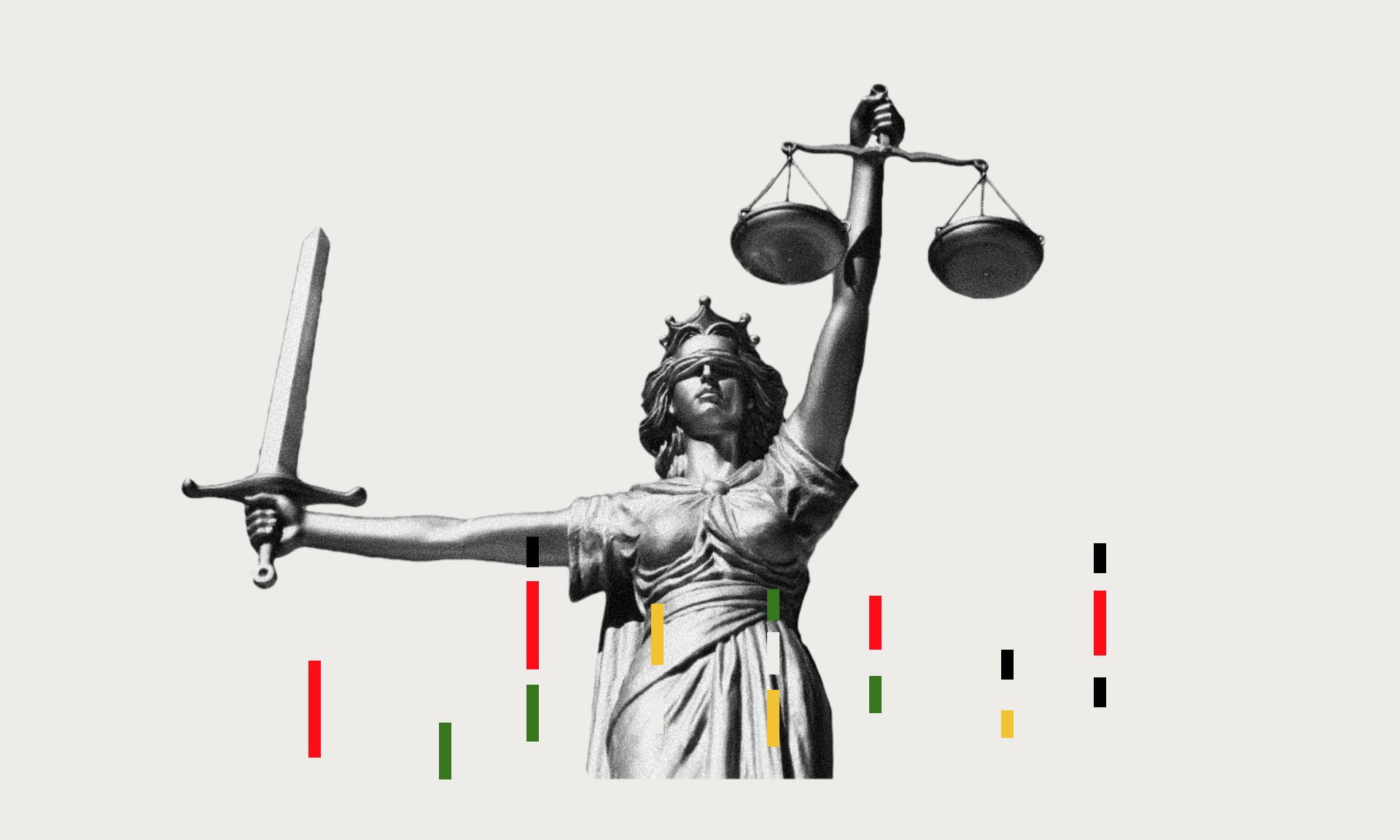
What is the difference between the ICJ and the ICC?
Justice is not a relative term, but for much of our history we have manipulated it to such an extent that we have created a parallel sort of justice. More often than not, human justice is just a sinister doppelgänger of justice in its purest form.
